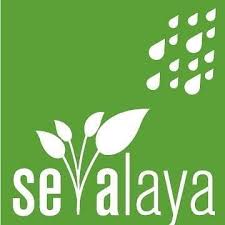
1. Employee Relations:
- Conflict resolution, counseling, and performance management
- Employee engagement, retention, and turnover reduction
2. Benefits and Compensation:
- Administering benefits, compensation, and salary structures
- Ensuring compliance with relevant laws and regulations
3. Training and Development:
- Designing, delivering, and evaluating training programs
- Identifying development needs and creating growth opportunities
4. Compliance and Risk Management:
- Ensuring adherence to labor laws, regulations, and company policies
- Conducting audits, investigations, and risk assessments
5. HR Operations:
- Maintaining accurate HR records, reports, and data
- Managing HR systems, software, and tools
6. Communication and Support:
- Providing guidance, advice, and support to employees and management
- Facilitating effective communication throughout the organization
The HR Generalist role requires:
- Strong knowledge of HR principles, laws, and best practices
- Excellent communication, interpersonal, and problem-solving skills
- Ability to work independently and collaboratively as part of a team
- Adaptability, flexibility, and discretion in handling sensitive matters
- Proficiency in HR software, systems, and toolshr